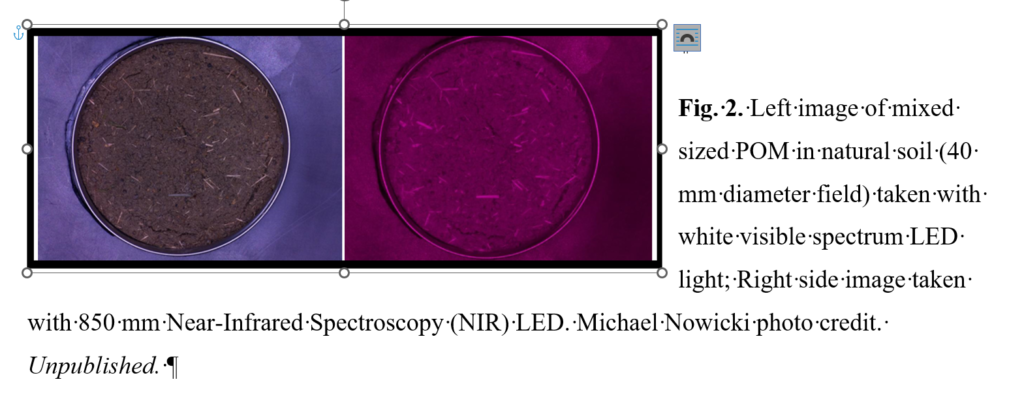This project is funded by NIFA’s Organic Transitions Program
Our goal is to develop effective modeling tools and soil health metrics to increase organic grain farmers’ ability to manage plant-soil feedbacks to maintain adequate N for heavy feeding crops like corn without excessive N applications.
It will build on work done by Michael Nowicki as an ASAP scholar and a pilot project done in collaboration with the Beckman Center supported by NIFA 2018-10008-28530.

On-station and on-farm research will develop particulate organic matter (POM) as a direct test for soil health and, for use in on-farm applications of process models used to estimate carbon sequestration and greenhouse gas (GHG) emissions.
By helping us document C inputs to soils and decay rates, POM will help us accurately predict carbon sequestration rates which are underestimated on organic farms. It will also help with estimates of GHG emissions, which will focus on nitrous oxide (N2O) that can be significant from agricultural soils.
Research activities will be conducted at the University of Illinois organic systems trial, on campus the facilities of the College of Agricultural and Consumer and Environmental Sciences and the Beckman Institute imaging facilities. Field sampling will also be carried out on organic farms that were initially sampled as part of the Illinois Soil Quality Initiative. We will also continue to work with farmers engaged in the Educational Network initiated as part of the CASH project.
PI: Michelle Wander
Co-Investigators: Carmen Ugarte, Tony Grift
Collaborators: Hoyoung Kwon, Indigo Ag, Alice Formiga, eOrganic, Joel Gruver, The Allison Farm, Tim Smith, CropSmith, Iwona Dobrucki and Wawoz Dobrucki, the Beckman Institute, and The Land Connection